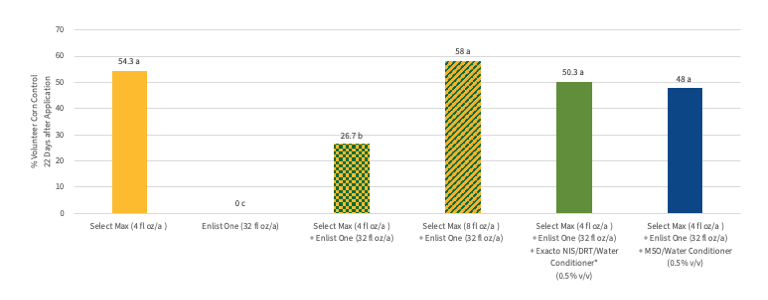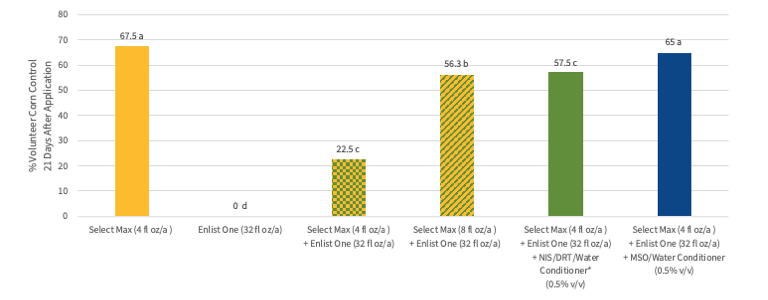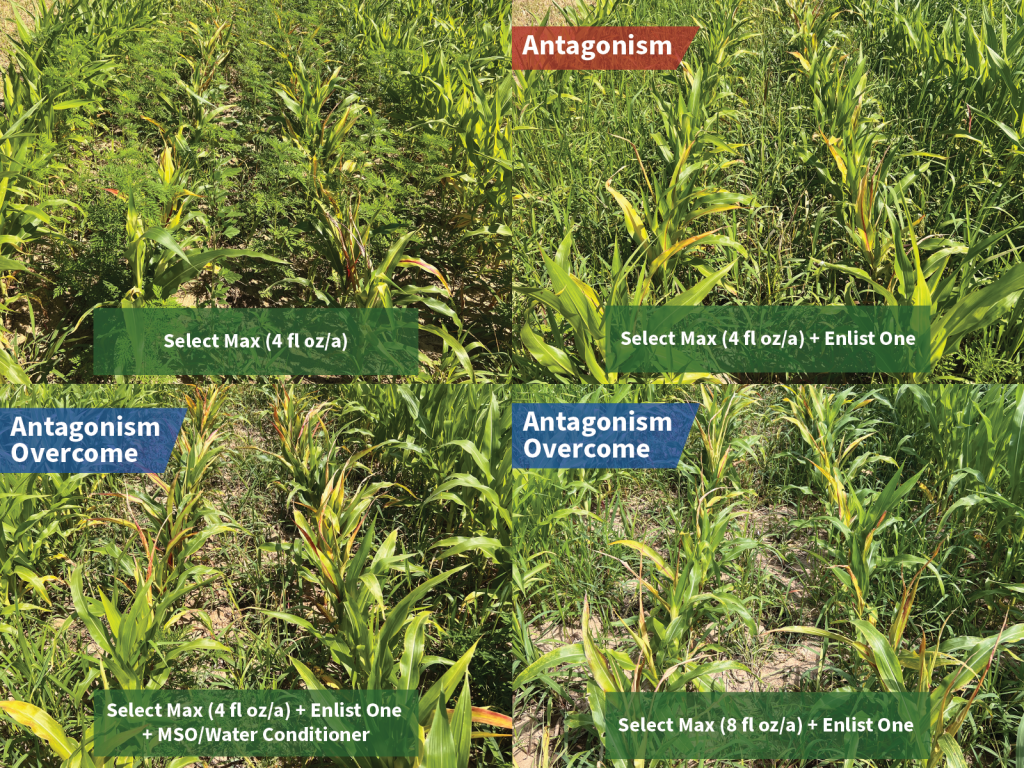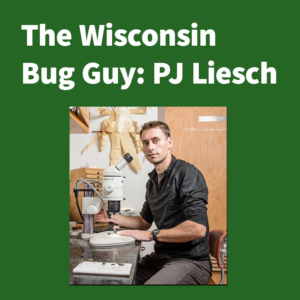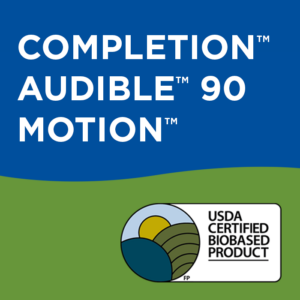
Exacto Announces Malin Westfall as Chief Commercial Officer
Exacto is pleased to announce the appointment of Malin Westfall as Chief Commercial Officer. Westfall’s appointment reflects Exacto’s commitment to driving commercial excellence as the company seeks to expand its market presence and advance its mission of improving resource efficiency in soil and water.

